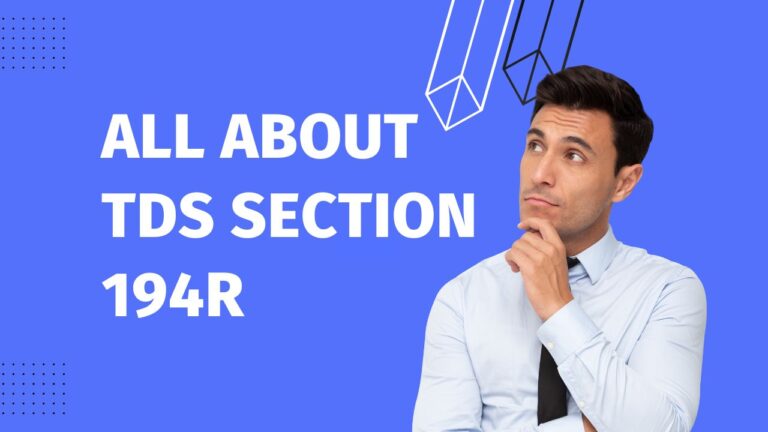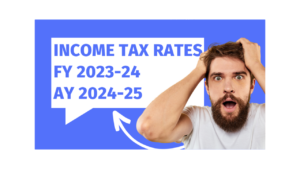The Finance Act, 2022, introduced Section 194R, which pertains to the deduction of tax on benefits or perquisites in respect of businesses or professions. Businesses, companies, or entities often extend multiple types of benefits and perquisites to their distributors, channel partners, agents, or dealers to incentivise and motivate them to promote further growth of a business. A few examples would include travel packages, gift cards or vouchers, products under incentive schemes or the usage of business assets, among others.
Purpose of Section 194R
The purpose of introducing the new Section 194R is to plug the possibility of tax revenue leakages (tax evasions) in businesses or professions. A few companies claimed expenses for business promotions while offering various gifts, perks, perquisites, or benefits to its distributors, dealers, or channel partners (on fulfilments of conditions of under agreement or as per prevalent norms/traditional practice followed over the years by the business entity) under Section 37 of Income-tax Act, 1961.
For instance, an electronics manufacturing company gave LCD televisions as incentives to those channel partners who achieved a particular revenue target. The company included these as expenses in its profit and loss account and claimed an Income Tax benefit.
The recipients do not report this in their income return because this particular incentive is in kind and not in cash. This leads to the furnishing of incorrect particulars of income. Ideally, such an incentive or benefit in kind should be disclosed as income under the Income-tax Act, 1961 (ITA).
As per Section 28 (iv) of the ITA, the value of any benefit or perquisite—whether convertible into money or not—arising from business or in a profession, is to be charged as business income in the hands of the recipient of such benefit or perquisite.
Now, under Section 194R, if a business gives its distributors or channel partners any such perquisites or incentives, which is partly in cash or kind, then they are required to deduct a TDS. In case the benefit is wholly in kind, the person providing such a benefit or perquisite is required to pay TDS on the value of such benefit or perquisites out of his own pocket.
So, the purpose of Section 194R is to widen the tax base and plug any scope of tax evasion.
To cite another example, in case a medical professional receives free samples, it has to be shown as a benefit or perquisites and is income. This is irrespective of the fact that the pharmaceutical company is using it as a sales promotion technique. The pharma company can claim a deduction for such a sales promotion. However, in the hands of the receiver, the promotion would be a taxable income, and TDS is required to be deducted by the pharma company on the same.
Scope of Section 194R
The TDS to be charged under Section 194R is at 10%, which will come into effect from July 1, 2022. It applies only to resident recipients (receiver of a benefit) of benefits or perquisites.
However, Section 194R is not applicable where the aggregate of the value of benefit or prerequisite does not exceed Rs 20,000 during the financial year (FY) to one beneficiary.
Also, it is not applicable for an individual or Hindu Undivided Family (HUF) to deduct TDS where total sales do not exceed Rs 1 crore in case of business or Rs 50 lakh in case of the profession in the immediate preceding financial year.
Section 194R: Nexus with Business or Profession
Any individual providing any benefit or perquisite to a resident, whether convertible into money or not, arising from business or the exercise of a profession by such resident shall—before providing such benefit or perquisite, as the case may be to such resident—ensure that tax has been deducted.
In simple terms, under Section 194R, the TDS applies to any resident who is providing any benefit or perquisite to another resident. The benefit has to be in kind or cash and could be arising from business promotions.
Frequently Asked Questions (FAQs)
Will Section 194R be applicable in case of gifts, benefits, or perks received during special occasions such as festivals or a marriage ceremony?
No, Section 194R will be applicable only in the case of those benefits or perquisites that arise out of business or profession.
What is a TDS certificate?
TDS certificates include Form 16, Form 16A, Form 16B, and Form 16C. A person deducting TDS has to issue these certificates to the assessee from whose income tax was deducted while making a payment.









